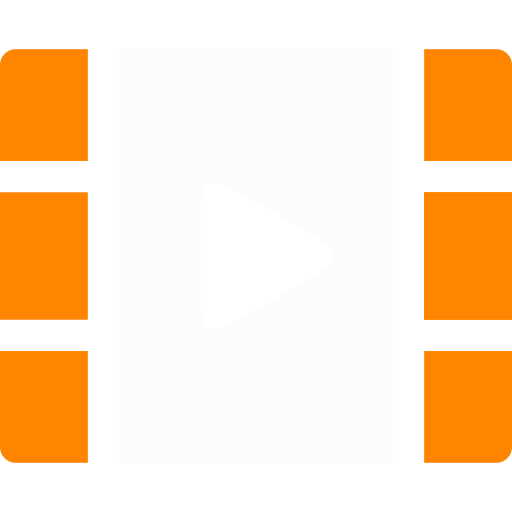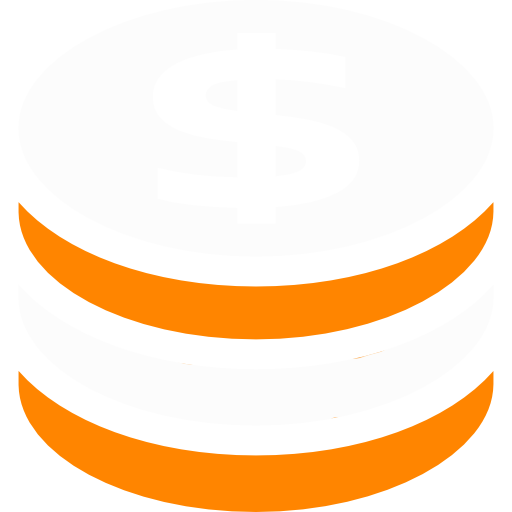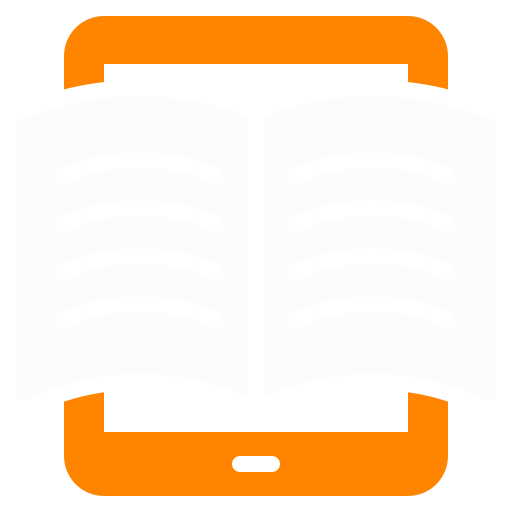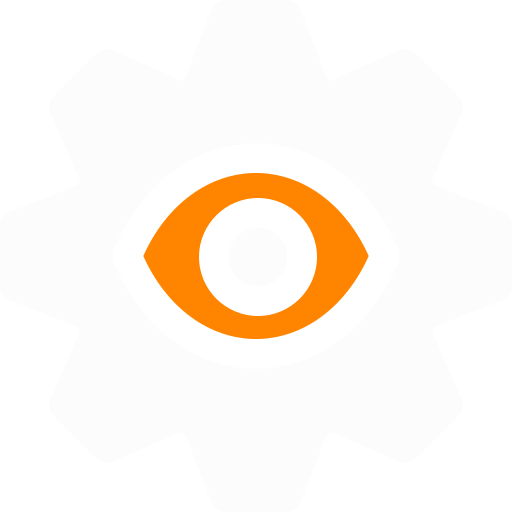For years I have been obsessed with the idea of being uber productive. There are articles and books everywhere on this exact topic. These articles and books describe things that you should and shouldn’t do, how to work and when to work, etc. The question is how do they all fit together and work alongside one another? How do you actually implement this advice? How do we turn these routines from a concept we read about to an actual part of our day?
Well, I’d be lying if I told you that I have any of this at all figured out, however, I can share with you some strategies that I have found to be very effective and extremely important if you plan to up your productivity game.
Deloading
The term deloading comes from The 4-Hour Workweek by Tim Ferriss. He describes it as strategically taking your foot off the gas and unplugging for extended periods of time. This gives you time to think and come up with new and better ideas. To do this, you alternate intense periods of batching similar tasks (recording podcasts, clearing the inbox, writing blog posts, handling accounting, etc.) with extended periods of unplugging.
“It’s the silence between the notes that makes the music.” -Tim Ferriss
I find that it’s important to do this for a small chunk of time every morning and then pick at least one afternoon a week (1-3 hours) to deload. The best time I have found to do this is right after completing my morning routine prior to starting my first work time block and every Wednesday afternoon from 1:00-4:00.
I don’t know about you, but I come up with the best ideas and think the clearest in the middle of the night, during meditation time and while getting a massage or pedicure! Giving yourself time first thing in the morning to clear your head and get your ideas on paper is extremely helpful!
This time can be spent doing whatever you want to do. Work or play, doesn’t matter. It’s important to put your oxygen mask on first, remember! Don’t forget to block your calendar off during this time so that you have zero distractions.
Deep Work
Deep Work by Cal Newport describes the idea that we need to spend more time on focused, high-energy work. This is becoming increasingly important in this highly distracted day and age
High-Quality Work Produced = (Time Spent) x (Intensity of Focus)
Cal tells us that to do better work, we need to spend more time in an intense, focused state.
This works for the following reasons:
-
When you block out time for yourself, similar to how you would with a meeting or phone call, you’re making a promise to yourself that you’re going to do something. This helps to hold you accountable.
-
It also helps you to stick to a time-budget and not spend too long on tasks.
-
It’s also conducive to a deep work state as you know that during this time, you should be 100% focussed on that block of time and not on Facebook or pursuing other activities.
Schedule this “deep work” during the time of the day that you are the most productive. For me, this is the morning hours. I tend to leave the afternoon hours for tasks that take less focus and energy.
6-Week Cycles
Another productivity hack I learned from the guys at BaseCamp is to work in 6-week cycles. For each 6-week cycle you choose 1 – 2 “big batch” tasks to focus on. This is generally a bigger project that needs a significant amount of time and focus to complete. You can also work on 4 – 8 “small batch” tasks during this time period. These are quicker, mini-projects that take a few days or a week to complete.
During this time, you should focus on nothing else. All other ideas have to wait until the cycle ends, at which time you decide what you want to work on next. This helps to give you or your team more focus and purpose during each cycle. Asana KanBan boards are a really good tool to help you with scheduling the time for each 6-Week Cycle. *More on this in a future post.
5-Hour Rule
I’m not sure where I read this idea but I live by it! The idea is that you pick a minimum of 5-hours per week to dedicate to personal development and/or learning of some sort.
To implement this, I’ve scheduled a minimum of an hour each day for “learning”. It’s different to deloading which is free time to do whatever you want. “Learning” is the time when you should be either reading a book, listening to a podcast, journaling or networking with people who are smarter than you. I get extra time in while getting dressed, going for a walk and driving. I might be a podcast junkie!
CEO Mode
During our most recent Mastermind Meeting, we spent a significant amount of time discussing the idea that you must find time to work on your business. CEO Mode is the mode you go into when you work “on” your business instead of “in” your business. It’s the time you take to step back, plan and strategize where you want your business to go and how you plan to get there.
Even if you don’t work for yourself or run your own business, it’s important to take time to step back and plan your long-term career goals or work on any strategic aspects of your work.
To help get into CEO mode more often, I’ve scheduled a weekly recurring block of time on my calendar for each Friday afternoon right before my weekly review. It’s nice to close out the week by working “on” the business and thinking about long-term goals so that I can strategically plan my upcoming week.
I hope these productivity hacks will help you to make the most of your work week!


